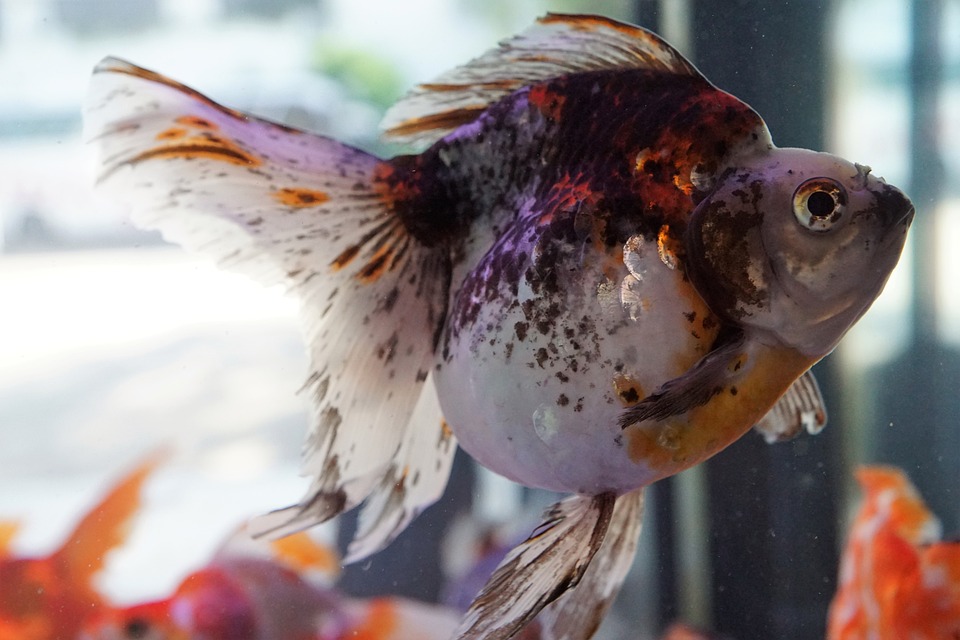Overall, the impact of water parameter changes on fish behavior in aquariums cannot be underestimated. It is essential for aquarium enthusiasts to understand the relationship between water parameters and fish behavior in order to provide a suitable environment for their aquatic companions. By maintaining stable water parameters, such as temperature, pH levels, and ammonia and nitrite levels, fish can thrive and exhibit their natural behaviors.
Temperature fluctuations can significantly impact fish behavior. Some species become more aggressive in warmer water, while others may display territorial behavior. On the other hand, fish may become lethargic or less active in colder water, affecting their feeding patterns and overall vitality. Additionally, temperature changes can trigger spawning behavior in certain species, while extreme temperatures may hinder breeding altogether.
The pH level of the water is also crucial for fish health and behavior. Deviations from the optimal pH range can lead to stress in fish, making them more susceptible to diseases. Fish may exhibit erratic swimming patterns, loss of appetite, or increased aggression due to unfavorable pH conditions. Extreme pH levels can also affect fish respiration, leading to respiratory distress and behavioral changes.
Ammonia and nitrite accumulation in aquariums can have a detrimental impact on fish behavior. Fish may display signs of distress, such as gasping for air at the water’s surface or erratic swimming. Elevated levels of ammonia and nitrite can weaken a fish’s immune system, making them more vulnerable to diseases. Additionally, fish may lose their appetite due to the toxic effects of these substances, leading to malnutrition and further health complications.
To maintain stable water parameters, it is recommended to test the water at least once a week. However, in newly established aquariums or during periods of significant change, more frequent testing may be necessary. Regular water changes, proper filtration, and careful monitoring of ammonia and nitrite levels are essential for maintaining stable water parameters. Using a heater and a reliable pH monitoring system can also help regulate temperature and pH levels.
Signs that indicate water parameter changes have affected fish behavior include increased aggression, lethargy, loss of appetite, or abnormal swimming patterns. Monitoring fish behavior and conducting regular water tests can help identify and address any issues promptly.
In conclusion, understanding the impact of water parameter changes on fish behavior is crucial for maintaining the wellbeing of fish in aquariums. By maintaining stable water parameters and taking appropriate corrective measures, aquarium enthusiasts can provide a suitable and thriving environment for their aquatic companions. Regular monitoring and care are key to ensuring the happiness and longevity of fish in captivity.









